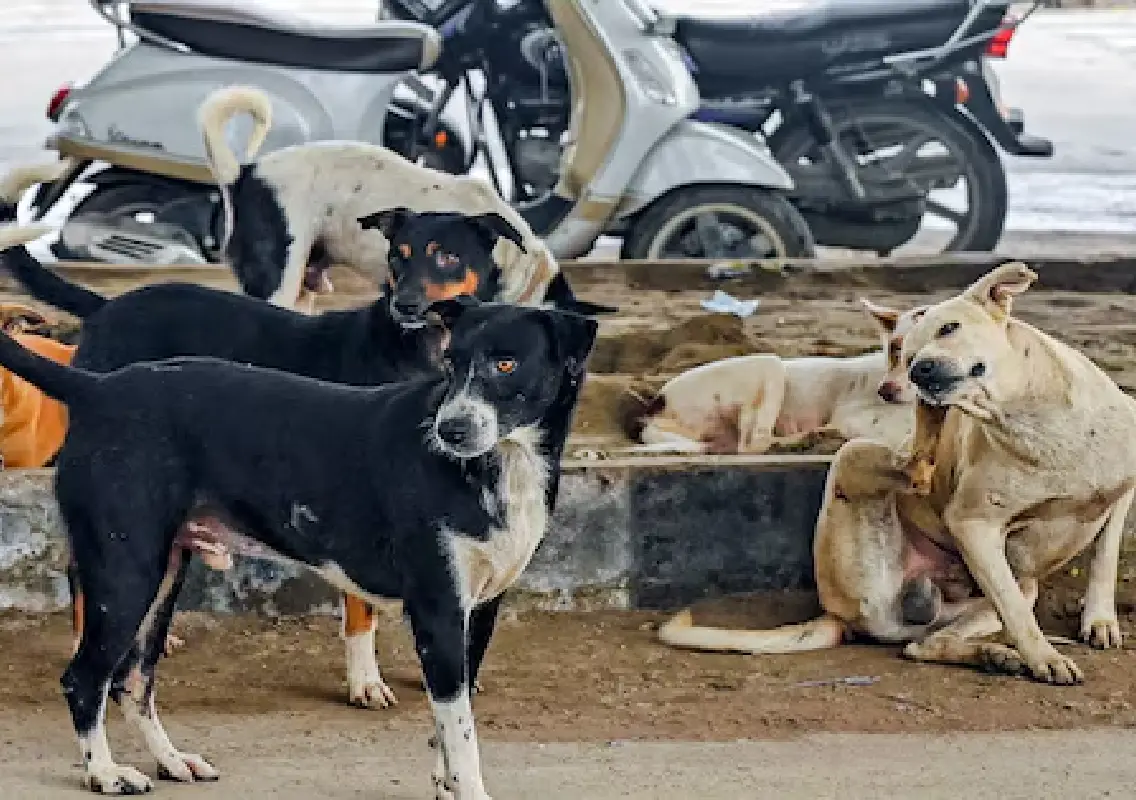Copyright newskarnataka

The Supreme Court’s directive to remove stray dogs from public spaces has put the Karnataka government in a difficult position as it grapples with the massive task of managing over 4.5 lakh stray dogs across urban local body (ULB) jurisdictions in the state. A high-level meeting chaired by chief secretary Shalini Rajneesh on Saturday brought together senior officials to discuss the next steps, especially in light of the recent spurt in stray dog attacks in Bengaluru, which alone is home to over 2 lakh strays. Challenge of implementation Officials at the meeting deliberated on how to carry out the Supreme Court’s order without compromising animal welfare and public safety. The state’s existing infrastructure and Animal Birth Control (ABC) facilities appear inadequate to handle the sheer scale of the issue. “Managing over 4.5 lakh dogs is a logistical and operational challenge,” said a senior official present at the meeting. “The government will need coordination between multiple agencies, including the Animal Husbandry Department, local bodies, and animal welfare organisations.” Why stray dogs thrive in Bengaluru Experts say Bengaluru’s climate, lifestyle, and food availability make it an ideal environment for stray dogs to thrive. Dr Akshay Prakash, veterinary doctor and founder of Sarvodaya Sevabhavi Samstha, one of Karnataka’s ABC partners, said, “Stray dogs in the city breed throughout the year, producing litters of 6–8 puppies. The availability of good food and favourable weather have kept the population healthy and strong, leading to prolific breeding.” He added that in other parts of the country, breeding tends to occur mainly during extreme heat or cold, resulting in smaller litter sizes. “Bengaluru’s mild climate supports continuous reproduction,” he said. Abandoned pets add to the crisis Another major factor contributing to the stray dog population is the abandonment of pet dogs. Many pet owners, especially those relocating abroad, abandon their animals due to the high cost of relocation and documentation. In addition, construction workers from neighbouring states often bring puppies with them for companionship or security while working on building sites. “By the time the work is completed, the puppies grow too large to transport and are simply left behind,” said a civic official. These abandoned dogs eventually join the city’s stray population, adding to the problem. Lack of Animal Birth Control capacity Currently, there are only five registered Animal Birth Control (ABC) vendors in Karnataka. This limited capacity makes it impossible to effectively neuter or vaccinate dogs across the state. “It is impossible for them to manage ABC centres everywhere in the state. In many areas, dogs are not vaccinated or sterilised, and their numbers grow unchecked,” said Priya Chetty-Rajagopal, founder of the CJ Memorial Trust, an animal welfare NGO. She added that the government’s recent decision to shut down some existing ABC partners without establishing new ones has only worsened the problem. Funding and infrastructure gaps Laavanya Koushik, lawyer and public policy consultant with the Federation of Animal Protection Organisations, highlighted systemic gaps in infrastructure and funding. “New land acquisition for ABC centres and the construction of kennels or operation theatres have not yet taken place,” she said. “Panchayats need funding support, but they are not being covered under the current framework.” Animal welfare advocates argue that without expanding ABC capacity and improving coordination between local bodies and NGOs, any move to relocate or contain strays could backfire, leading to chaos and cruelty. Public health concern Beyond the legal and logistical challenges, the rise in stray dog attacks and rabies cases has made the issue a pressing public health concern. According to official data, Bengaluru Urban district has recorded 40 rabies deaths and 58,600 dog bite cases since 2021. Experts warn that unless sterilisation, vaccination, and public awareness campaigns are intensified, the problem could spiral further out of control. Way forward Officials are considering a phased and humane approach to address the problem. This could include: Expanding ABC facilities through public-private partnerships. Increasing funding for panchayats and urban bodies. Implementing strict penalties for pet abandonment. Enhancing awareness about responsible pet ownership. Deploying digital tracking systems for sterilised and vaccinated dogs. Animal rights groups have also urged the government to comply with the Animal Birth Control (Dogs) Rules, 2023, which emphasise sterilisation and vaccination rather than mass relocation. “The state must ensure compliance with both the Supreme Court’s directive and humane animal welfare laws,” said a senior animal welfare official. As Karnataka prepares its response plan, balancing public safety with animal welfare remains its greatest challenge.



